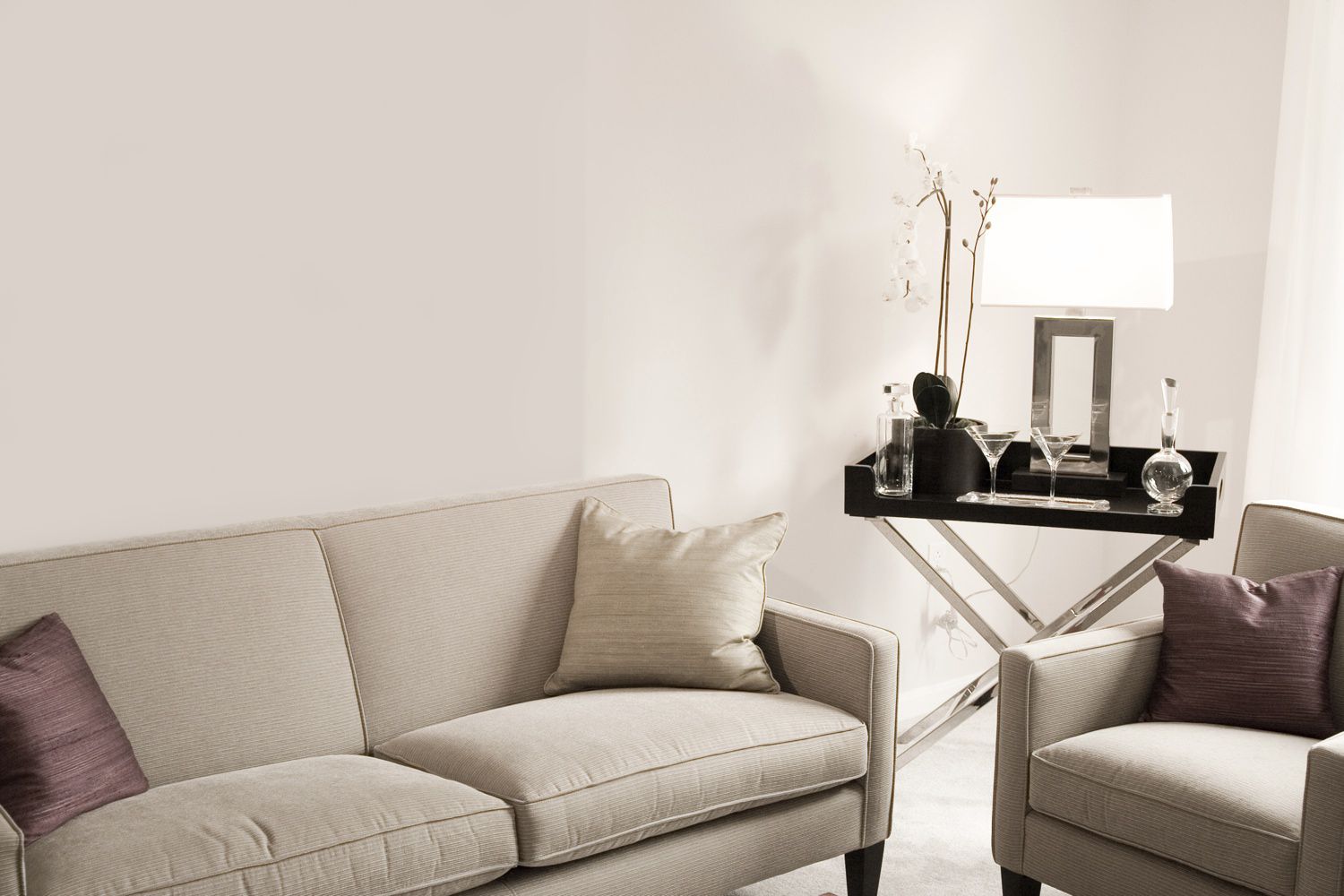Choosing the Right Mortgage Type
When applying for a home loan, one of the biggest decisions you’ll make is whether to choose a fixed-rate or adjustable-rate mortgage (ARM). Each has its benefits and drawbacks, and understanding them can help you make the best decision for your financial situation.
Fixed-Rate Mortgages (FRMs)
Pros of Fixed-Rate Mortgages
✔ Predictable Payments: Your interest rate stays the same throughout the loan term.
✔ Long-Term Stability: Ideal for homeowners who plan to stay in their home for many years.
✔ Protection from Market Fluctuations: Even if interest rates rise, your rate remains unchanged.
Cons of Fixed-Rate Mortgages
❌ Higher Initial Interest Rates: Fixed rates are often higher than the initial rate on an ARM.
❌ Less Flexibility: If rates drop significantly, you may need to refinance to get a lower rate.
Adjustable-Rate Mortgages (ARMs)
Pros of Adjustable-Rate Mortgages
✔ Lower Initial Rates: The introductory rate is typically lower than a fixed-rate mortgage.
✔ Potential for Lower Long-Term Costs: If interest rates remain low, you could pay less overall.
✔ Good for Short-Term Homeowners: If you plan to sell before the rate adjusts, you can take advantage of the lower initial rate.
Cons of Adjustable-Rate Mortgages
❌ Rate Uncertainty: Your interest rate can increase over time, leading to higher payments.
❌ Financial Risk: If rates rise significantly, your monthly payment could become unaffordable.
Which One is Right for You?
-
Choose a fixed-rate mortgage if you value long-term stability and predictability.
-
Choose an adjustable-rate mortgage if you plan to sell or refinance before the initial fixed period ends.
Final Thoughts
Both fixed and adjustable-rate mortgages have their advantages and risks. Your choice should depend on your financial goals, risk tolerance, and how long you plan to stay in the home.
Keyword Density: Pros and cons of fixed vs. adjustable-rate mortgages




